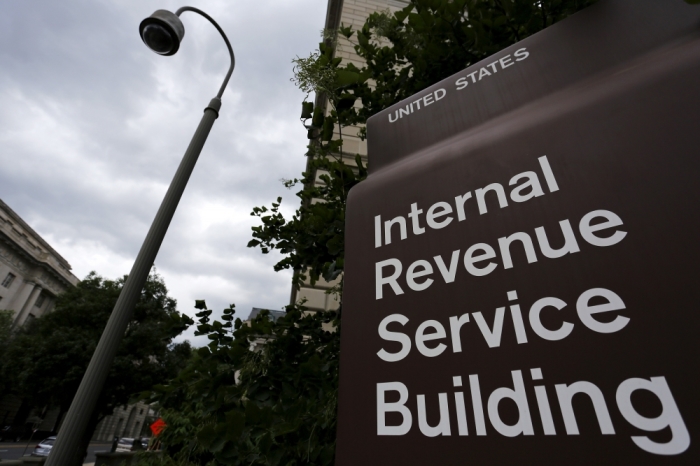Clergy Coalition Asks Court to Reject Atheist Lawsuit Against IRS Housing Allowance

A small group of clergy have filed a motion to intervene, requesting a district court to dismiss a lawsuit by an atheist organization seeking to have the Internal Revenue Service quit providing a housing allowance for clergy.
Earlier this year, the Madison, Wisconsin-based Freedom From Religion Foundation filed a lawsuit against U.S. Treasury Department Secretary Jacob Lew and IRS Commissioner John Koskinen over the clergy housing allowance.
In response, Bishop Ed Peecher of the Chicago Embassy Church, Father Patrick Malone of Holy Cross Anglican Church, and the Diocese of Chicago and Mid-America of the Russian Orthodox Church Outside of Russia filed a motion Tuesday on behalf of the defendants.
"Thus, for the Intervenors, losing the parsonage allowance would restrict, minute for minute, dollar for dollar, the modest resources that they have to carry out their religious missions," read the motion.
"Intervenors have no stand-alone claim against FFRF; their only interest is in keeping FFRF from obtaining its stated goal of forcing the IRS to stop allowing ministers and churches like them from utilizing the parsonage allowance."

In April, the FFRF filed a legal challenge to IRS U.S.C. § 107, a provision that allows for an exemption for a parsonage.
"In the case of a minister of the Gospel, gross income does not include ... the rental value of a home furnished to him as part of his compensation," reads the U.S. Code § 107 section.
"[Or] the rental allowance paid to him as part of his compensation, to the extent used by him to rent or provide a home and to the extent such allowance does not exceed the fair rental value of the home, including furnishings and appurtenances such as a garage, plus the cost of utilities."
Filed in U.S. District Court for the Western District of Wisconsin, the suit names FFRF Co-Presidents Annie Laurie Gaylor and Dan Barker defendants.
"Section 107 of the Internal Revenue Code violates the Establishment Clause because it provides preferential and discriminatory tax benefits exclusively to ministers of the gospel," reads the FFRF suit from April.
"Section 107 of the Revenue Code, both on its face and as administered by Lew and Koskinen, and the federal agencies they oversee, violates the Establishment Clause of the First Amendment because it provides tax benefits only to 'ministers of the gospel,' rather than to a broad class of taxpayers."
The clergy filing the motion are being represented by the Washington, DC-based Becket Fund for Religious Liberty. In a statement released Tuesday, Becket Fund Senior Counsel Hannah Smith said that clergy "who live in the communities they serve shouldn't be left out in the cold."
"The same tax-exempt housing allowances exist for various employees like hotel managers, those transferred overseas and military personnel whose jobs require them to live in a certain proximity to their workplace," stated Smith.
This is not the first time that FFRF has filed a complaint against the IRS housing allowance. In 2011, the group filed a suit and in 2013 U.S. District Judge Barbara Crabb ruled in their favor.
However, a three-judge panel of the U.S. Court of Appeals for the Seventh Circuit reversed the Crabb decision in November 2014, arguing that the plaintiffs lacked the standing to sue.
"The plaintiffs here argue that they have standing because they were denied a benefit (a tax exemption for their employer-provided housing allowance) that is conditioned on religious affiliation," read the panel's 2014 decision.
"This argument fails, however, for a simple reason: the plaintiffs were never denied the parsonage exemption because they never asked for it. Without a request, there can be no denial."





























